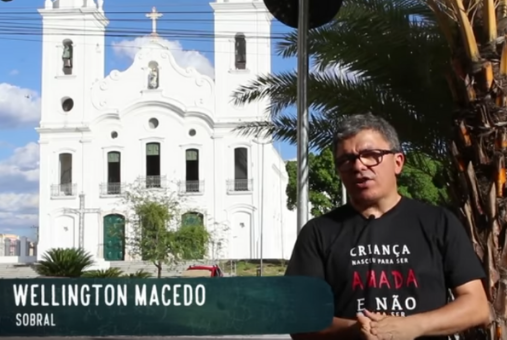
A series of reports on alleged fraud in evaluations of public education in Sobral and other cities in Ceará, in the northeastern region of Brazil, has so far led to 63 lawsuits against journalist Wellington Macedo.
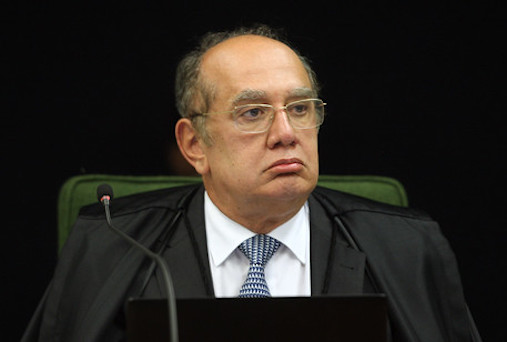
The book is a report about the operation that investigated banker Daniel Dantas, who was arrested in 2008 after being accused of corruption and bribery and released a few days later upon Mendes’ decision, then-president of the STF, the country's highest court.

These journalists are turning the microphone toward the people behind the news and are examining the press in this current moment.

In three years and three months of operation, Brazilian site Nexo Jornal has become a regional and global reference for digital journalism.
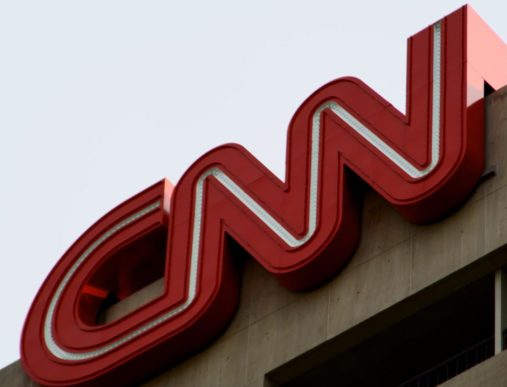
A country marked by high media concentration, Brazil has seen its journalism market diversify in the last decade with the arrival of international organizations.

The cases of aggression against journalists in Brazil grew 36.7 percent between 2017 and 2018, according to a recent report from the National Federation of Journalists (Fenaj). There were 135 incidents of violence with 227 victims, according to the organization.
Brazilian photojournalist Daniel Arroyo was hit by a rubber bullet fired by a military police officer (PM, for its initials in Portuguese) on Jan. 16. He was covering a protest against the fare increase for public transportation in São Paulo when he was injured in the right knee.

The CNN news network licensed its brand for operation in Brazil starting the second half of 2019. The channel CNN Brasil will be managed by a new media company, according to an announcement made via Twitter.
Almost 15 years after ordering the murder of Paraguayan radio host Samuel Romã, former Brazilian mayor Eurico Mariano will begin serving his 17-year prison sentence.
Brazil's president-elect Jair Bolsonaro and some of his allies do not appear to have toned down statements against critical journalism since the election in late October.
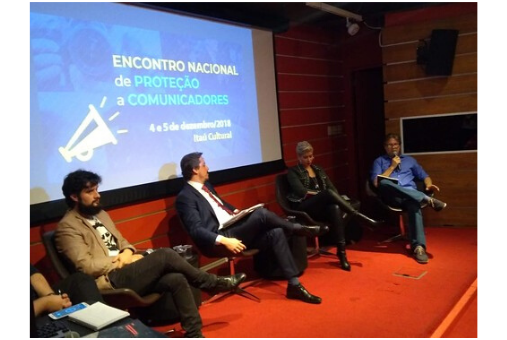
A meeting held in São Paulo in early December brought together communicators, press freedom groups and State representatives to discuss the threats facing the press, the measures the State is taking to fight impunity in violence against media professionals and next steps for launching a protection network for communicators.
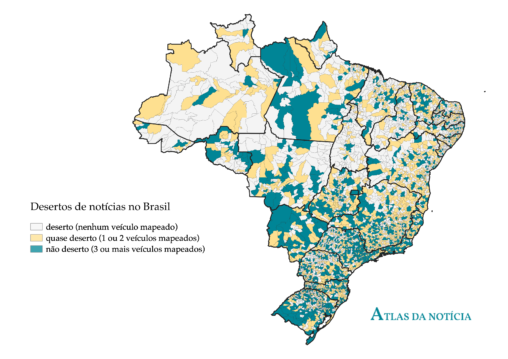
At least 30 percent of Brazilian municipalities run the risk of becoming "news deserts," areas without local news coverage.